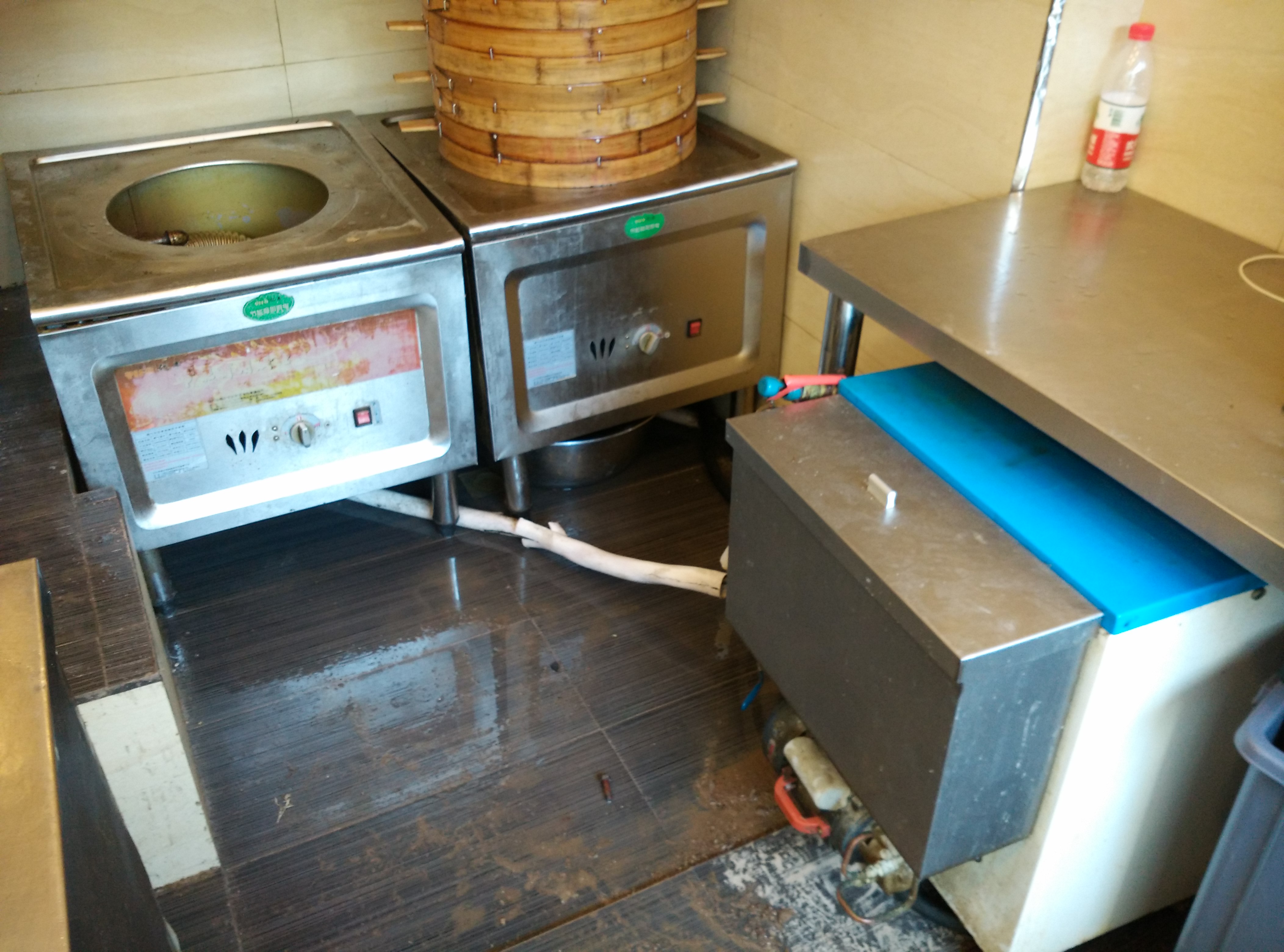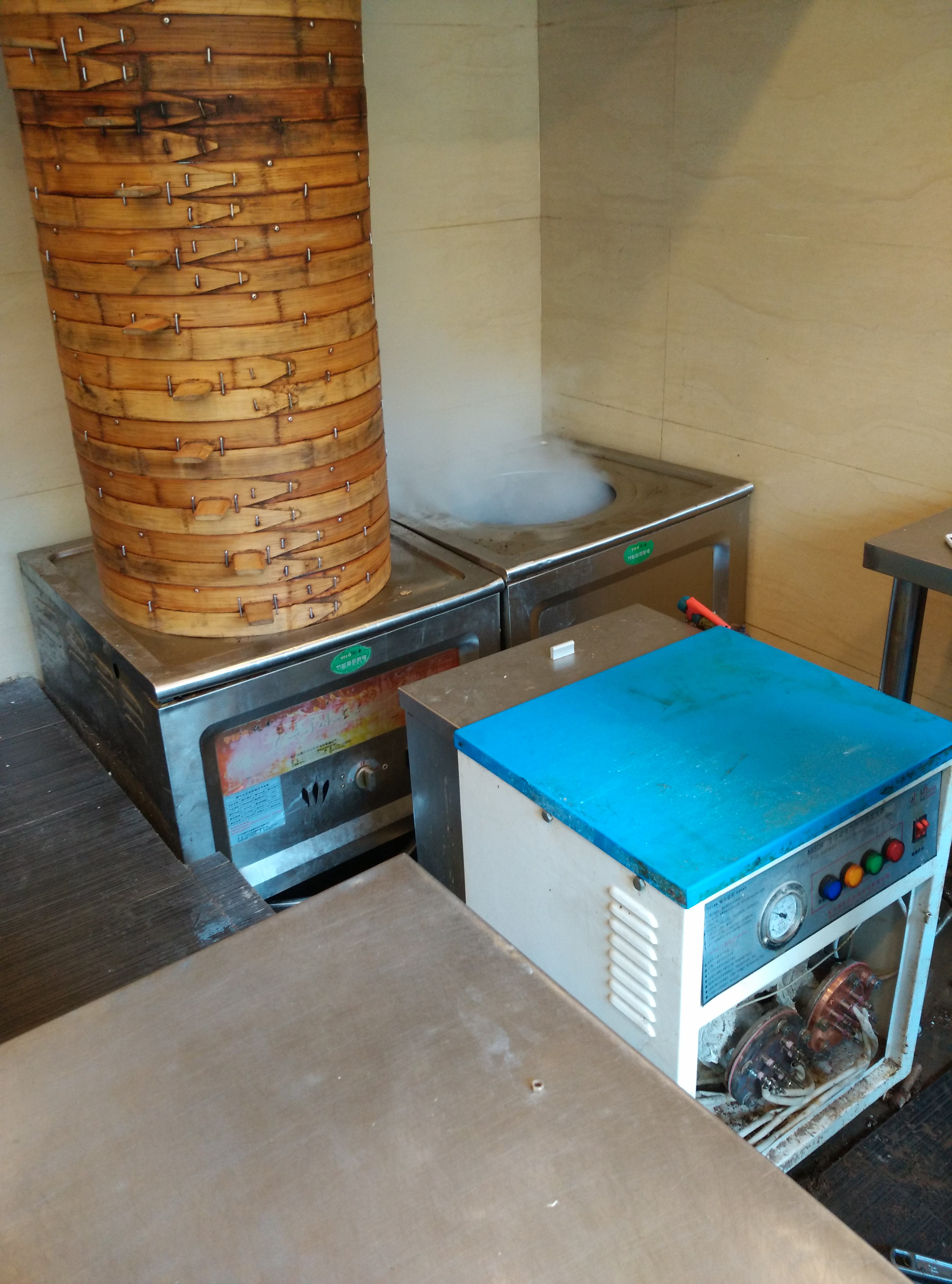Jacketed pot is used with steam generator, which is more energy-saving and efficient
I believe that many food processing manufacturers are no strangers to sandwich pots. Jacketed pots require a heat source. Jacketed pots are divided into electric heating jacketed pots, steam heating jacketed pots, gas heating jacketed pots, and electromagnetic heating jacketed pots according to different heat sources. The following is an analysis of the different types of sandwich pots from the two perspectives that everyone is most concerned about – the energy consumption and operating costs of the equipment and production safety.
The electric heating jacketed pot conducts heat to the jacketed pot through electric heating and heat transfer oil. It is a combination of an organic heat load furnace and a jacketed pot. It should be supervised by the Quality Supervision Bureau as an organic heat furnace as a special equipment. The electric heating heat transfer oil jacketed boiler currently on the market is a closed organic heat furnace. As the temperature of the electric heating oil increases, the heat transfer oil will become dirty. The closed furnace lacks the necessary safety devices and expanders, and the risk of explosion is high. High, unsafe, the pressure of the sandwich pot is lower than 0.1MPA as an atmospheric pressure vessel, and higher than 0.1MPA is a pressure vessel.
Heat transfer oil has high specific heat capacity and boiling point, the temperature can reach above 300 degrees Celsius, and the heating surface is uniform. However, enterprises generally do not consider electricity consumption in production. Whether it is electric heating rod heating or electromagnetic energy heating, the cost of electricity is relatively high. Moreover, most of the heat sources use 380V electricity, and the voltage of some production environments cannot reach the limit. For example, the electric power of a 600L sandwich pot is about 40KW. Assuming that the industrial electricity consumption is 1 yuan/kWh, the electricity cost per hour is 40*1=40 yuan.
The gas-heated jacketed pot conducts heat to the jacketed pot through the combustion of gas (natural gas, liquefied petroleum gas, coal gas). It is a combination of a gas stove and a sandwich pot. The temperature of the gas furnace is highly controllable, and the firepower of the gas furnace is strong, but the flame will gather, the carbon deposit is easy to coke, and the heating rate is slower than that of steam and electric heating. For a 600L sandwich pot, the energy consumption of natural gas is about 7 cubic meters per hour, and the natural gas is calculated at 3.8 yuan per cubic meter, and the gas fee per hour is 7*3.8=19 yuan.
The steam heating jacketed pot conducts heat to the jacketed pot through the external high-temperature steam, and the steam moves. The heating surface of the sandwich pot is larger and the heating is more uniform. Compared with electricity and gas, the thermal efficiency is higher. , The size of the steam is adjustable, and it is also the first choice of many enterprises. The parameters of steam jacketed boilers generally provide working steam pressure, such as 0.3Mpa, a 600L jacketed boiler needs an evaporation capacity of about 100kg/L, a 0.12-ton gas-fired module steam generator, a maximum steam pressure of 0.5mpa, modules can operate independently, and natural gas can Consumption is 4.5~9m3/h, gas is supplied on demand, natural gas is calculated at 3.8 yuan/m3, and the gas cost per hour is 17~34 yuan.
The analysis shows that from the perspective of safety and operating costs, the use of sandwich boiler steam generators is more energy-saving and money-saving, and the production safety is more secure.

